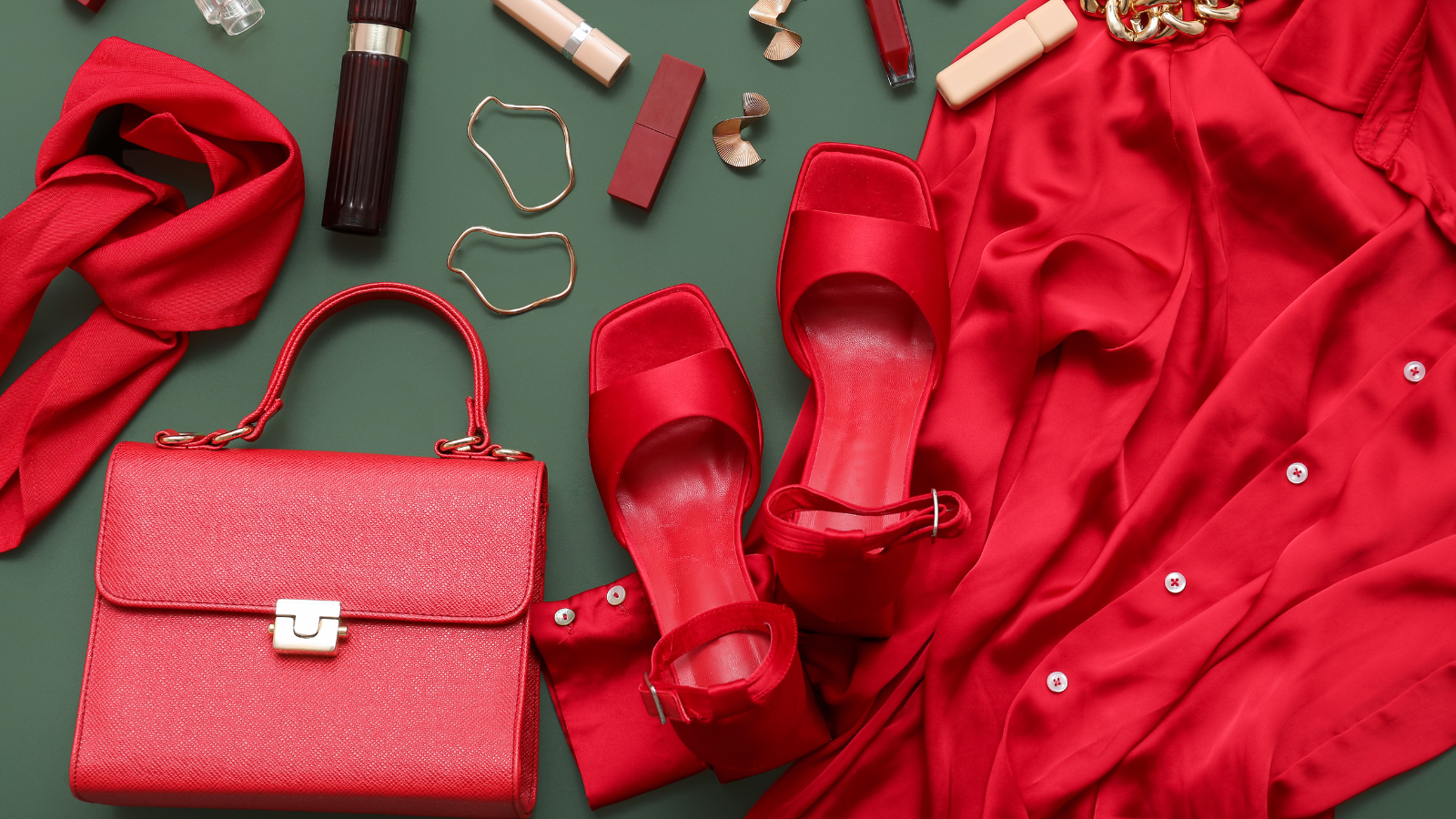The IPEC’s much anticipated decision in WaterRower (UK) Ltd v Liking Ltd was handed down on Monday. The case centred around whether items that have a functional purpose can qualify for copyright as works of artistic craftsmanship. Unfortunately for WaterRower, Judge Campbell-Forsyth ruled that no copyright could subsist in their water resistant rowing machines as works of artistic craftmanship under s4(1) of the Copyright, Designs and Patents Act 1988 (CDPA), and therefore there could be no infringement.
In WaterRower’s initial claim, they alleged that Liking had reproduced a substantial part of the works by creating their TOPIOM water rowing machine, which amounted to copyright infringement. In 2022, Liking applied for the case to be struck out. However, the IPEC refused this application on the basis that WaterRower had a real prospect of establishing at trial that the works met the criteria to qualify as works of artistic craftsmanship. Therefore, the case proceeded to trial.
Unsurprisingly, the Judge found that UK and EU law were incompatible in relation to works of artistic craftsmanship. Where EU law applies an open interpretation approach to classifying copyright, the UK applies a closed category approach. EU law essentially states that works can be protected by copyright if they are ‘original’, meaning that they are the author’s ‘own intellectual creation’, and member states cannot impose a requirement for the work to have any aesthetic appeal. However, the CDPA makes specific provision for works of artistic craftsmanship, with the case of Hensher stating that, among other things, works of this type must have something more than just eye appeal.
In this instance, the Judge concluded that the UK approach must be applied. Although WaterRower’s machine was the author’s own intellectual creation and therefore original under the InfoSoc Directive and EU case law, it could not satisfy s4(1) CDPA or the Hensher test.
Because this was an IPEC case, it is possible that WaterRower may seek permission to appeal the decision. It seems likely that permission would be granted, considering the fact that a Court of Appeal judgment would likely clarify the uncertainty that is present in this area of copyright law.
If you have any questions on the above, please do not hesitate to contact the team at McDaniels Law on 0191 281 4000 or legal@mcdanielslaw.com.


